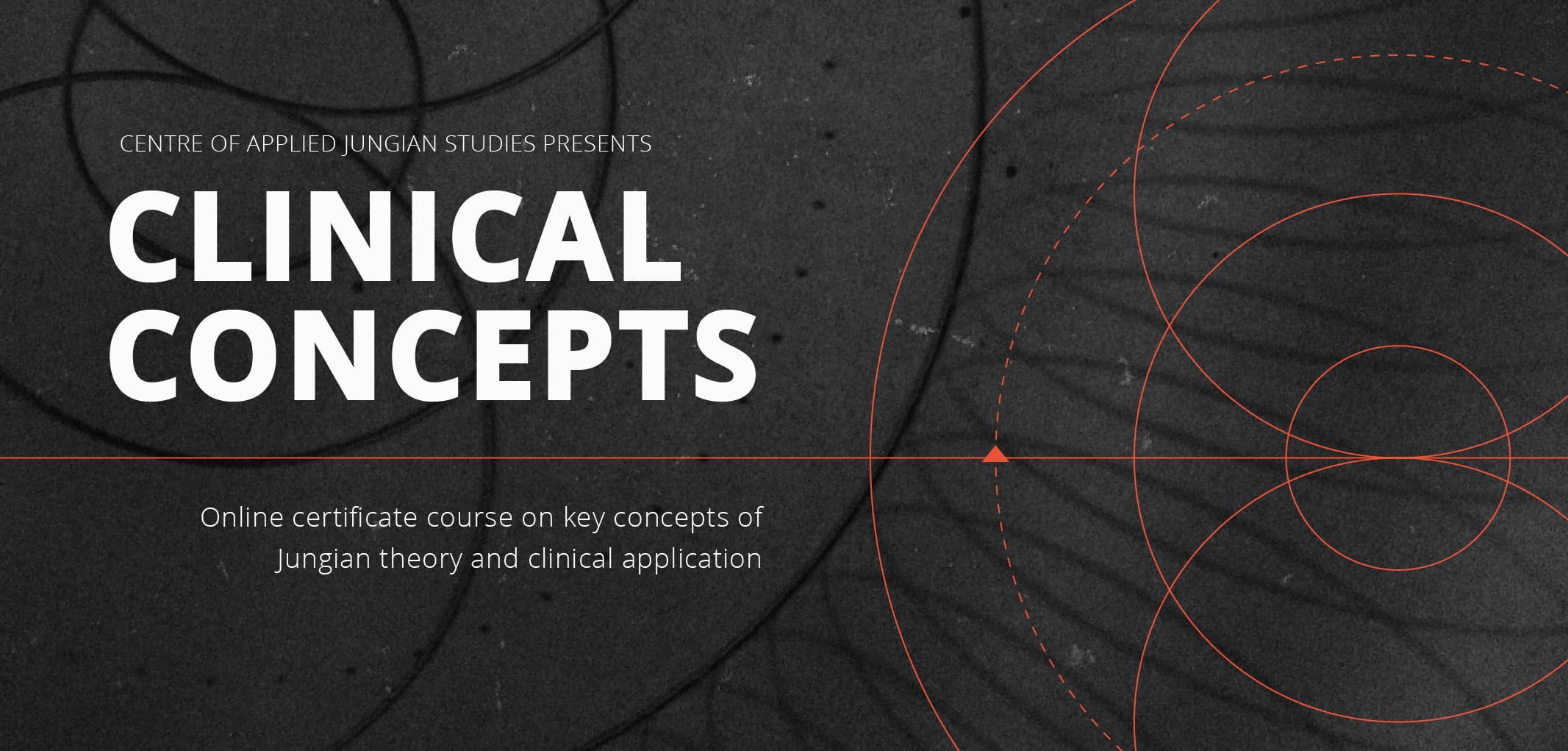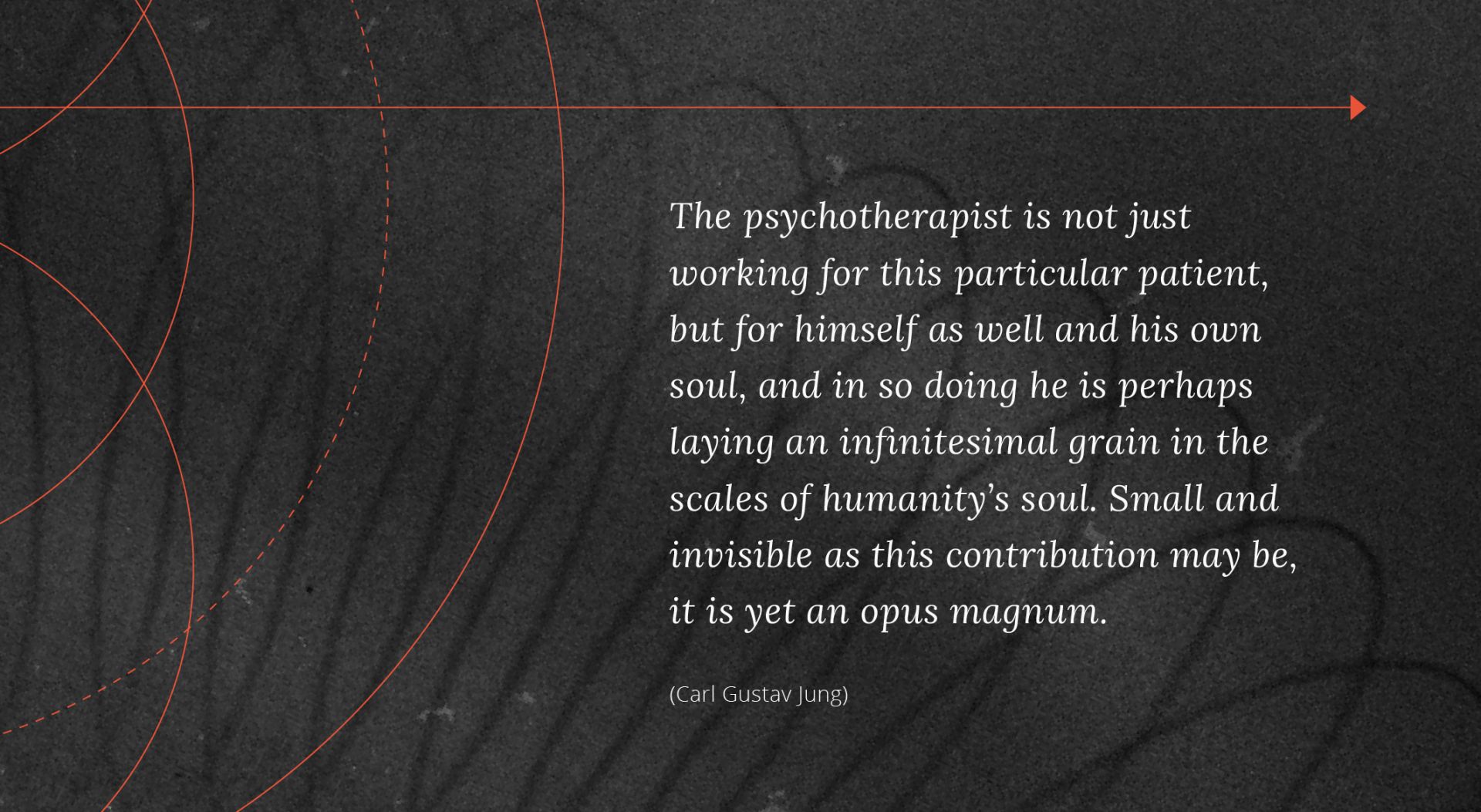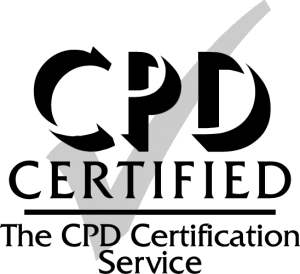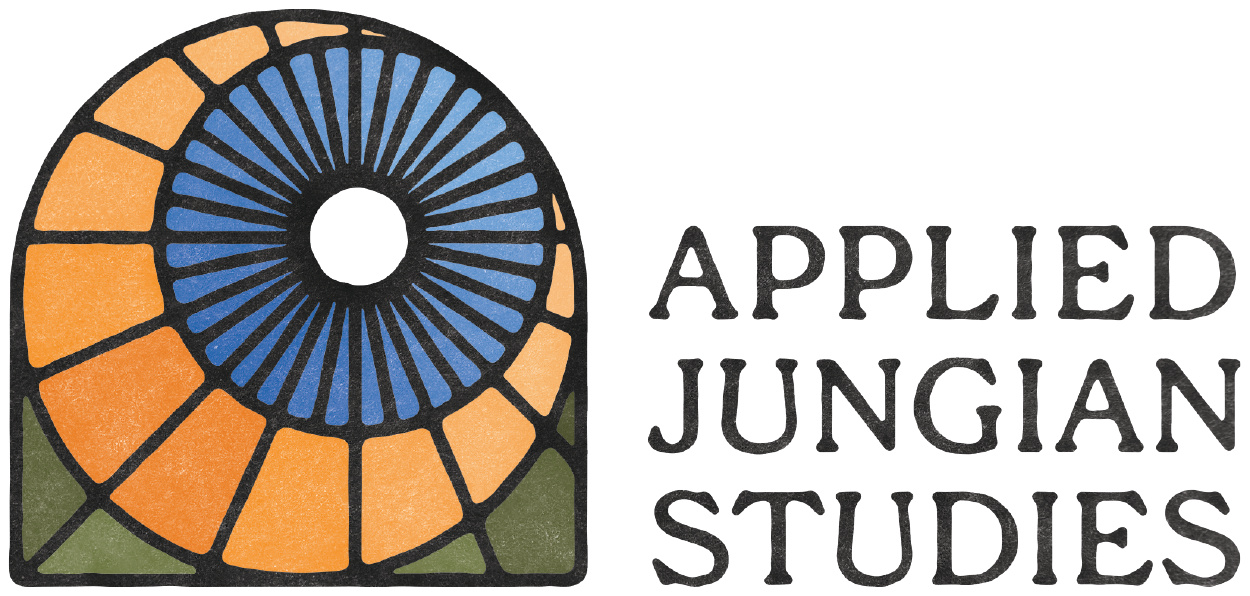
Archetypes and Individuation
This course is aimed at psychotherapists, psychologists, counsellors, social workers, coaches, and those working in the mental health and wellness field, wishing to understand the fundamentals of Jungian and post-Jungian psychology in clinical practice. This is a unique focused and in-depth learning opportunity in Jungian and post-Jungian theory and clinical application, with a global faculty of senior Jungian clinicians and academics.
PLEASE NOTE: This course is not a formal training or accreditation as a Jungian analyst. It is offered as continuing professional development for practising psychotherapists. In terms of the number of CEUs offered for the course, you will need to check with your local accreditation body.

Course Overview
Modules
Presented by Mark Saban
Includes a Bonus Lecture: Archetypes and the Collective Unconscious
Presented by Mark Saban
02 THEATRES OF INDIVIDUATION
Presented by Paul Attinello
03 THE PSYCHOLOGY OF THE GODS: HOW BIOSCIENCE CAN INFORM JUNGIAN THEORY
Presented by Eric Goodwyn
04 TRANSGENERATIONAL TRAUMA AND INFANCY
Presented by Brian Feldman
__________________________
Modules Include
* A video lecture for each module
* Essential reading, set by each module presenter and made available as part of the programme reading pack.
* Self-reflective applications for each module.
*Access to our learning platform with all module materials, applications and CPD questionnaires.
Course Process per Module
* View Recorded Lecture
* Work through Applications provided to deepen you personal experience and understanding of the module content.
* Complete a 15 question multiple choice questionnaire – Only required should you wish to receive CPD- Continuing Professional Development Points/ CEU – Continuing Education Units.
Time Requirements
You will need approximately 24 hours to complete readings, watch video lectures, work on applications and complete the quizs for the 4 main modules in this course, not including the bonus lecture and readings that augment the series on Archetypes and Individuation.
Accreditation

Course Ethos
‘Jungian and post-Jungian Clinical Concepts’ was inspired by the challenge presented by the Jungian scholars and clinicians at the ‘Spectre of the Other in Jungian Psychology,’ an International Association of Jungian Studies conference that took place in Cape Town in 2017. Where, the urgent need to reach those previously excluded from the teaching and ideas of Jungian psychology, be it for reasons of location, economics or historical prejudices, was unequivocally sounded. In its own modest way, this course sets out to achieve that. By virtue of offering top-class tuition in Jungian psychotherapy, outside of its traditional setting, being non-localised (online), and a tiered fee structure, the aim is explicitly to democratise the learning opportunities offered by Jungian psychology, broaden the reach of these tools and to be as inclusive as possible.
Faculty
Mark Saban, P.h.D, is a senior Jungian analyst (a member of the Independent Group of Analytical Psychologists) and a lecturer in Jungian and post-Jungian studies in the Department of Psychosocial and Psychoanalytic Studies, Essex University. He recently co-edited Analysis and Activism – Social and Political Contributions of Jungian Psychology, Ed. Emilija Kiehl, Mark Saban, & Andrew Samuels (Routledge) 2016 (Finalist American Board and Academy of Psychoanalysis Book Prize, Nominated Gradiva Award for Best Edited Book). Recent articles include, Jung, Winnicott and the divided psyche, Journal of Analytical Psychology, 2016, 61, 3, 329–349 and Secrete e Bugie. Un’area cieca nella psycologia junghiana, Rivista di psicologia analitica, 2017, n. 43 Volume 95.His website http://www.marksaban.co.uk/.
Paul Attinello is a diplomate analyst who studied at the C. G. Jung-Institut in Zürich, as well as a senior lecturer at Newcastle University. He has taught at the University of Hong Kong and as a guest professor at UCLA, received his PhD from UCLA, and has lived and worked on four continents. He has published in a number of journals, collections and reference works on contemporary musics, HIV/AIDS, and cultural, philosophical and psychological topics.
Erik Goodwyn is a psychiatrist who has listened to the dreams and fantasies of suffering people from in both military and civilian settings. He is also a scholar published in anthropology, dream analysis, mythology, ritual, philosophy, and archetypal psychology. He has been invited to give lectures in Ireland, Swizerland, Germany, and all over the United States. His passion is the imagination in all its manifestations, which is why he is also an author of upcoming fantasy novel King of the Forgotten Darkness (Roundfire Press, 2025).
Brian Feldman, Ph.D. is a clinical psychologist (UC Berkeley), and served as chief psychologist in the Department of Child Psychiatry @ Stanford Medical Center where he received the distinguished teaching award. He trained as a child analyst with Michael Fordham over a ten year period, and teaches Fordham’s work in a number of Jungian Institutes world-wide. He is a certified child, adolescent and adult analyst (CGJISF, IRS-JA), and is a founding and training member of the International Association of Infant Observation (AIDOBB). He has held visiting professorships and has lectured @ the University of Dakar, Senegal; the Institute of Psychology, State University for Humanitarian Sciences in Moscow; the City University of Macau, and the University of Campinas, Brazil. He has published extensively in the areas of infant observation; the psychic skin; attachment; and child, adolescent and adult Jungian analysis. His work on the psychic skin and attachment was honored by the Psychoanalytic Consortium of Washington, D.C. in 2013. He maintains a private practice in Palo Alto, California.

